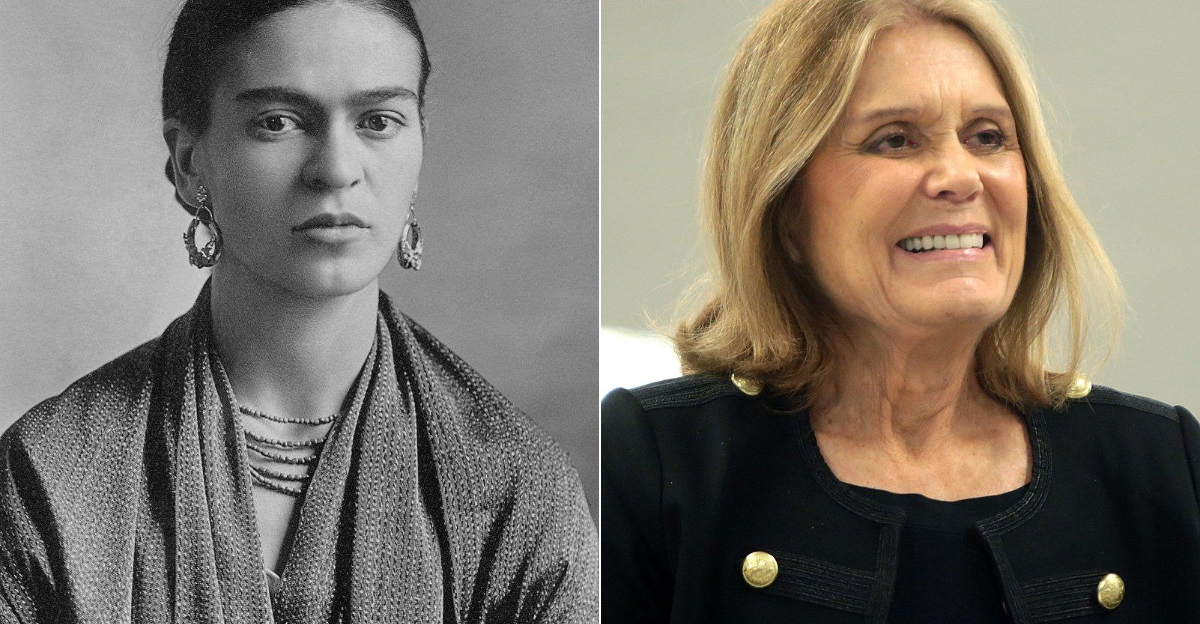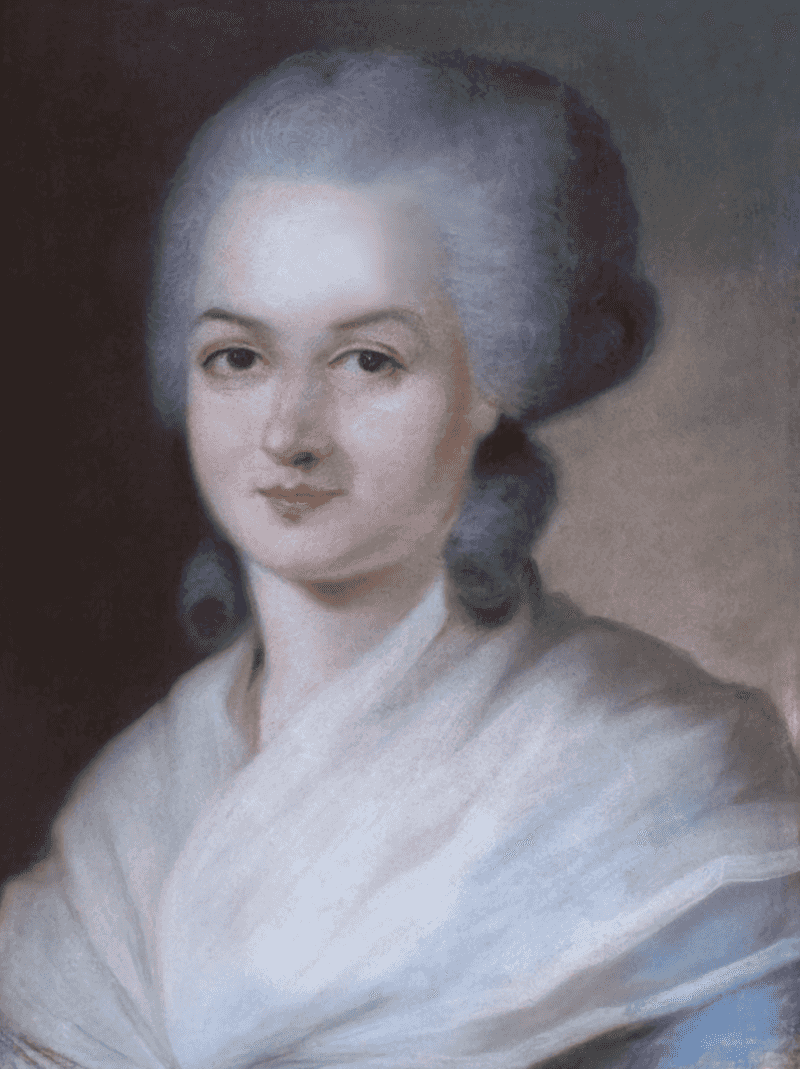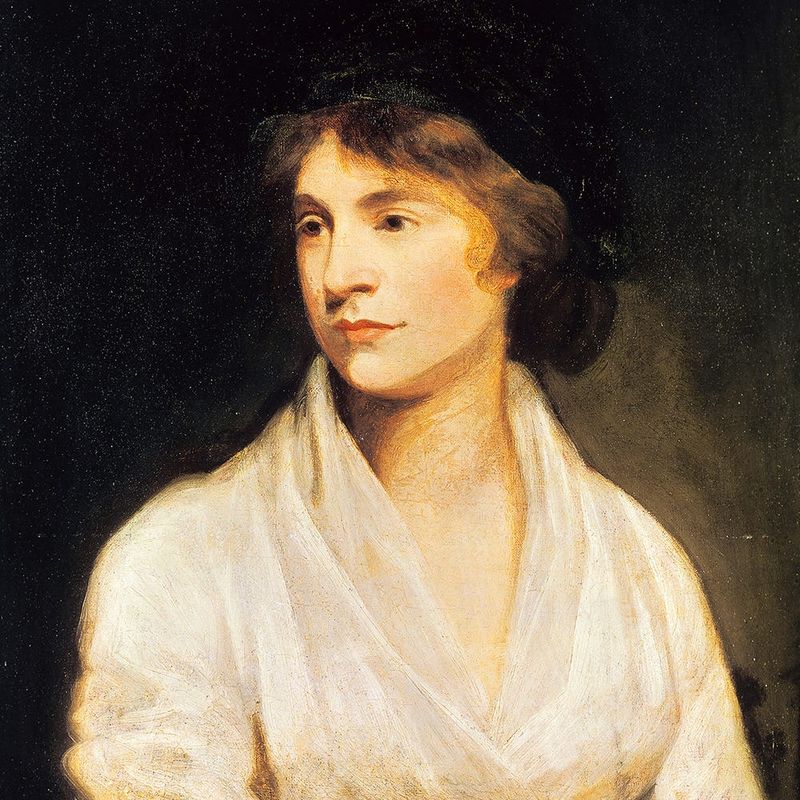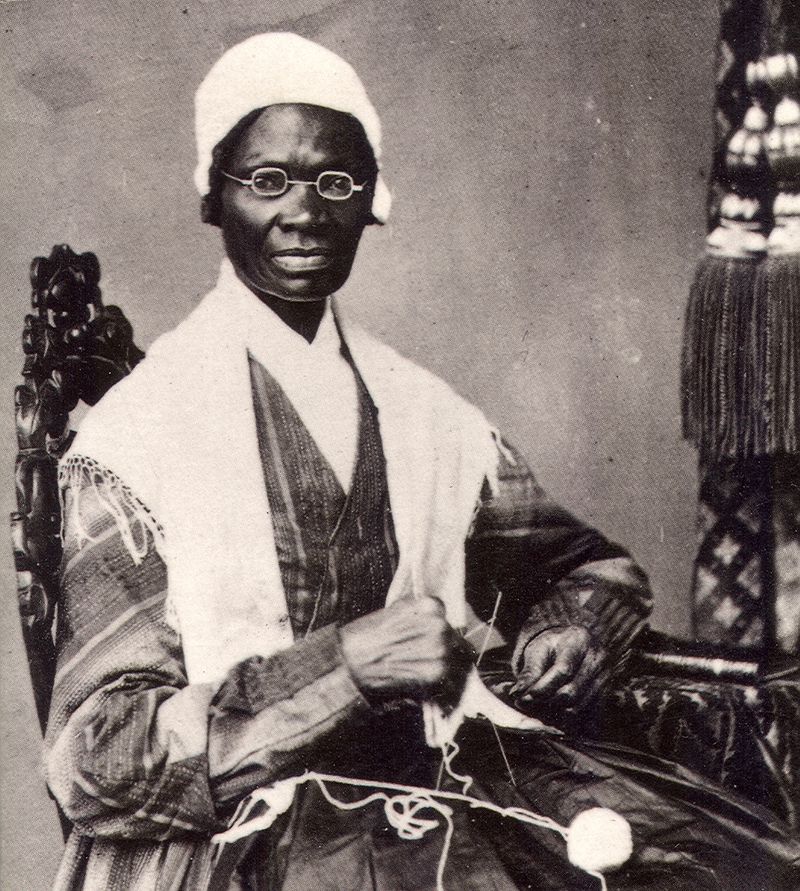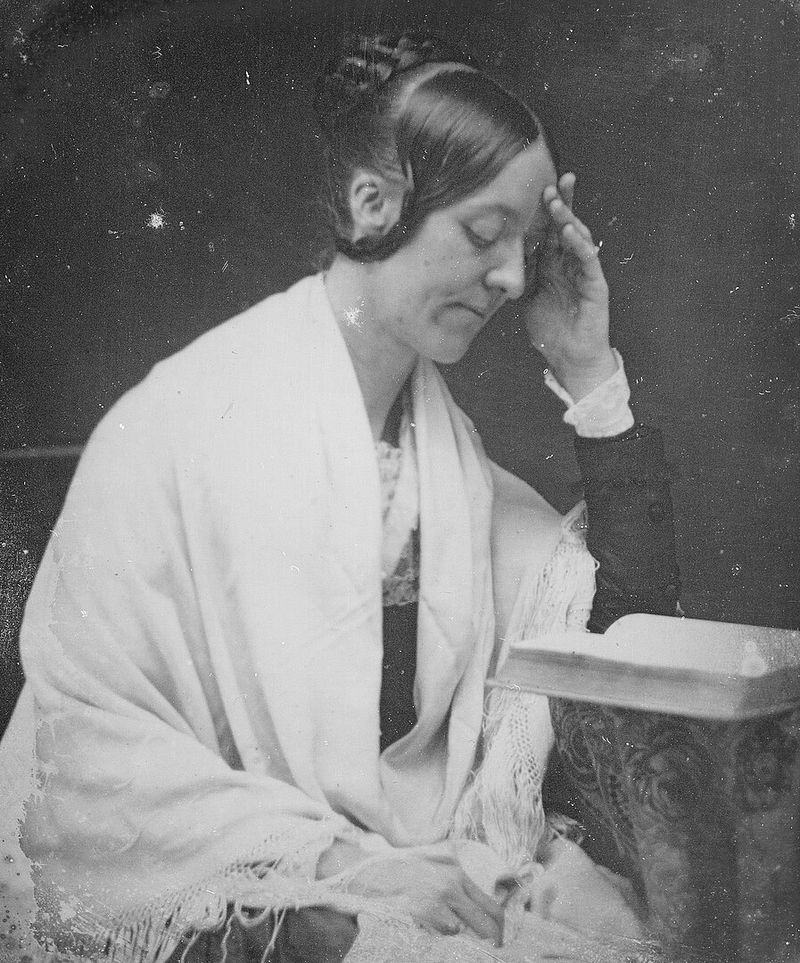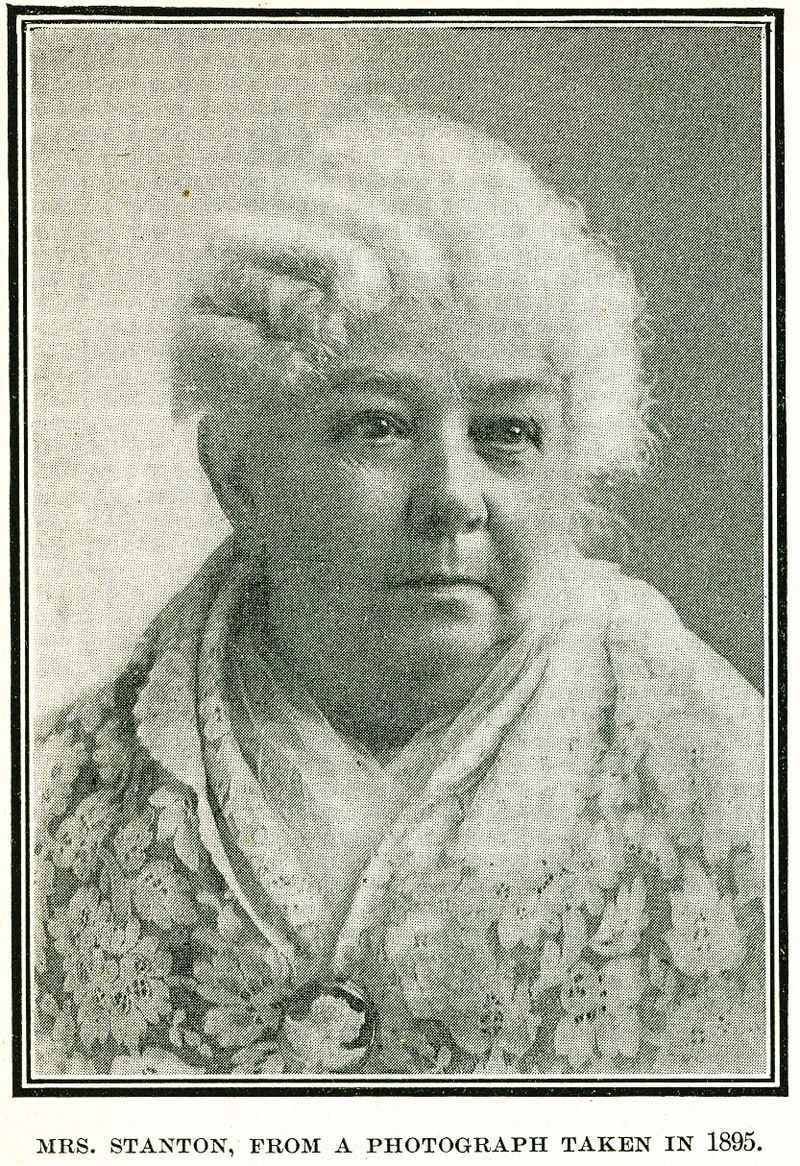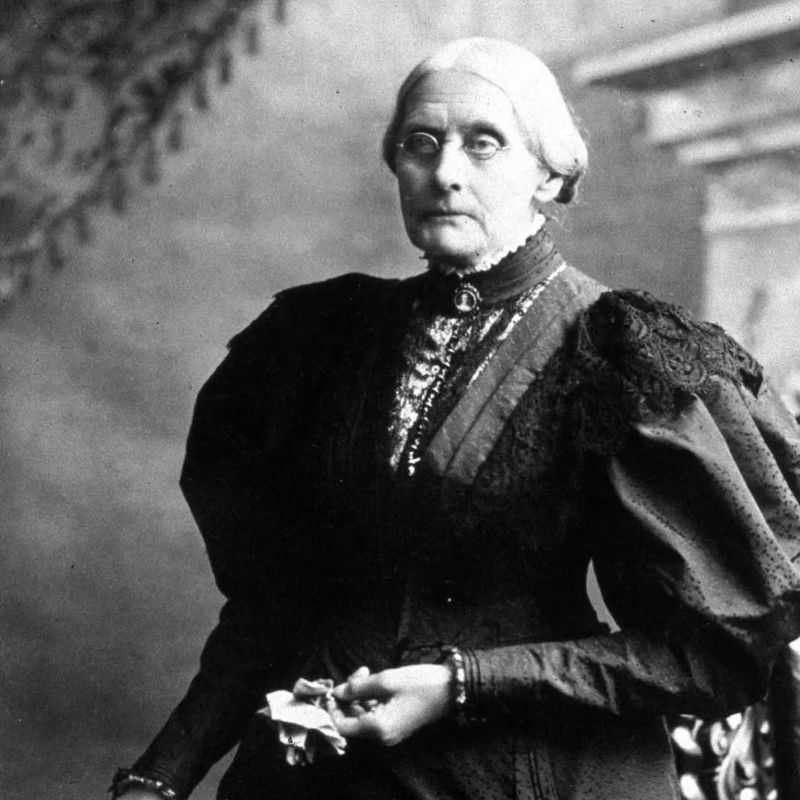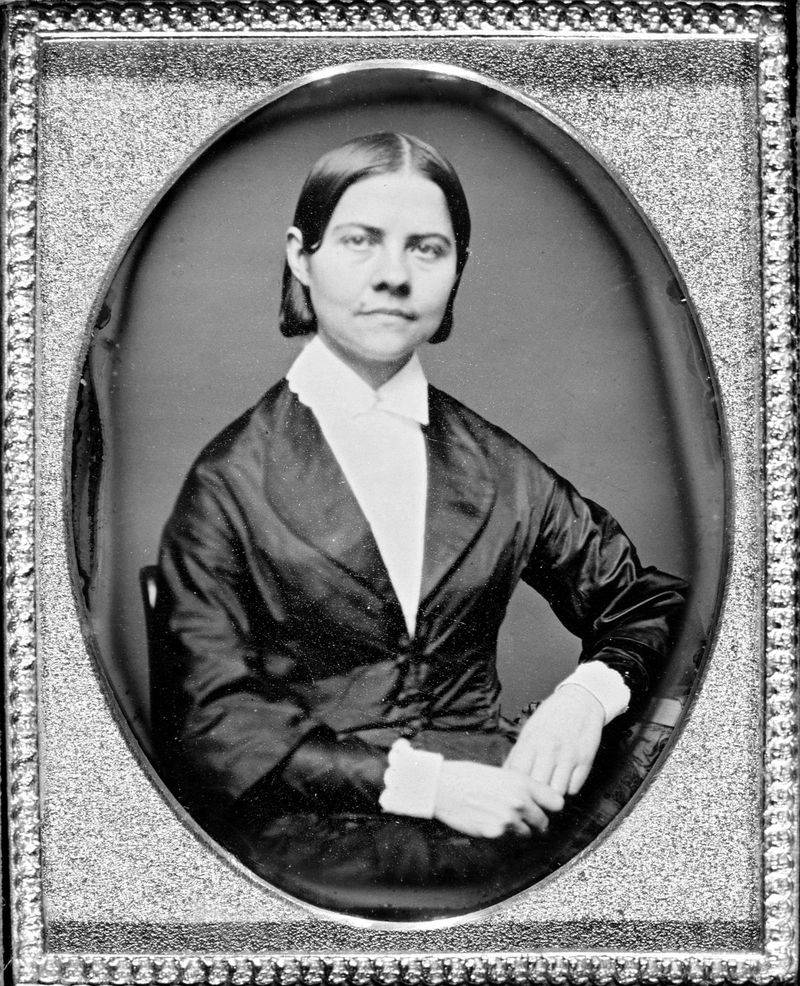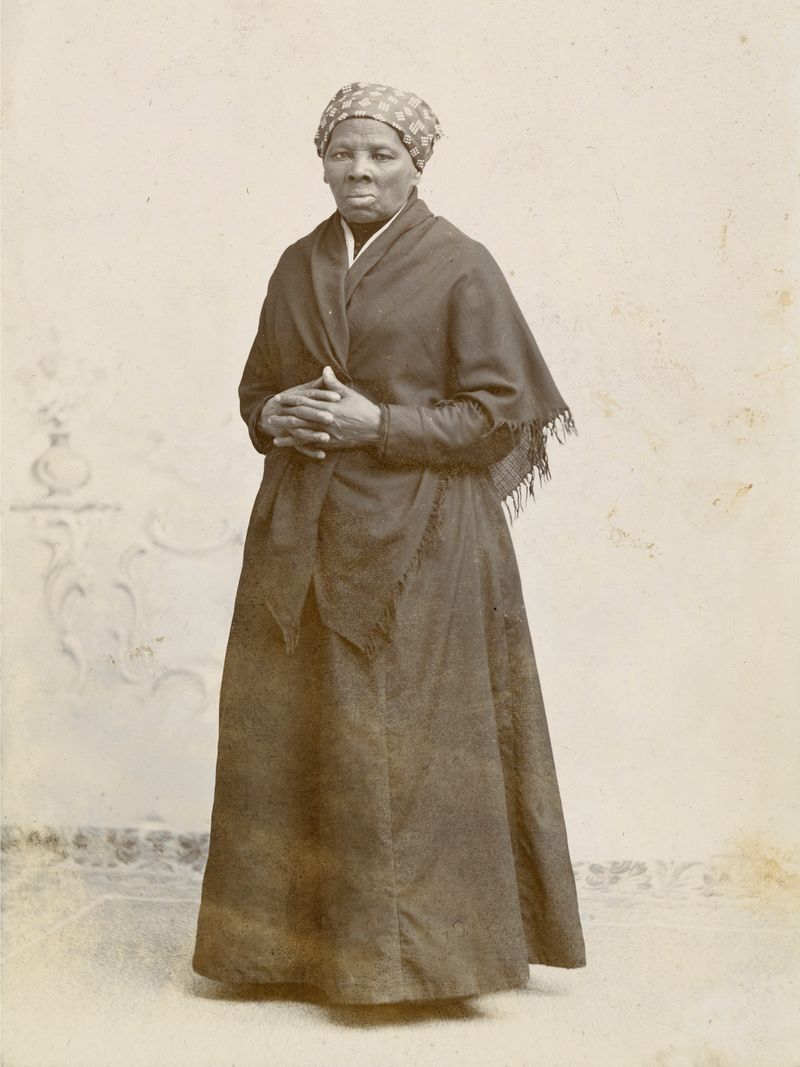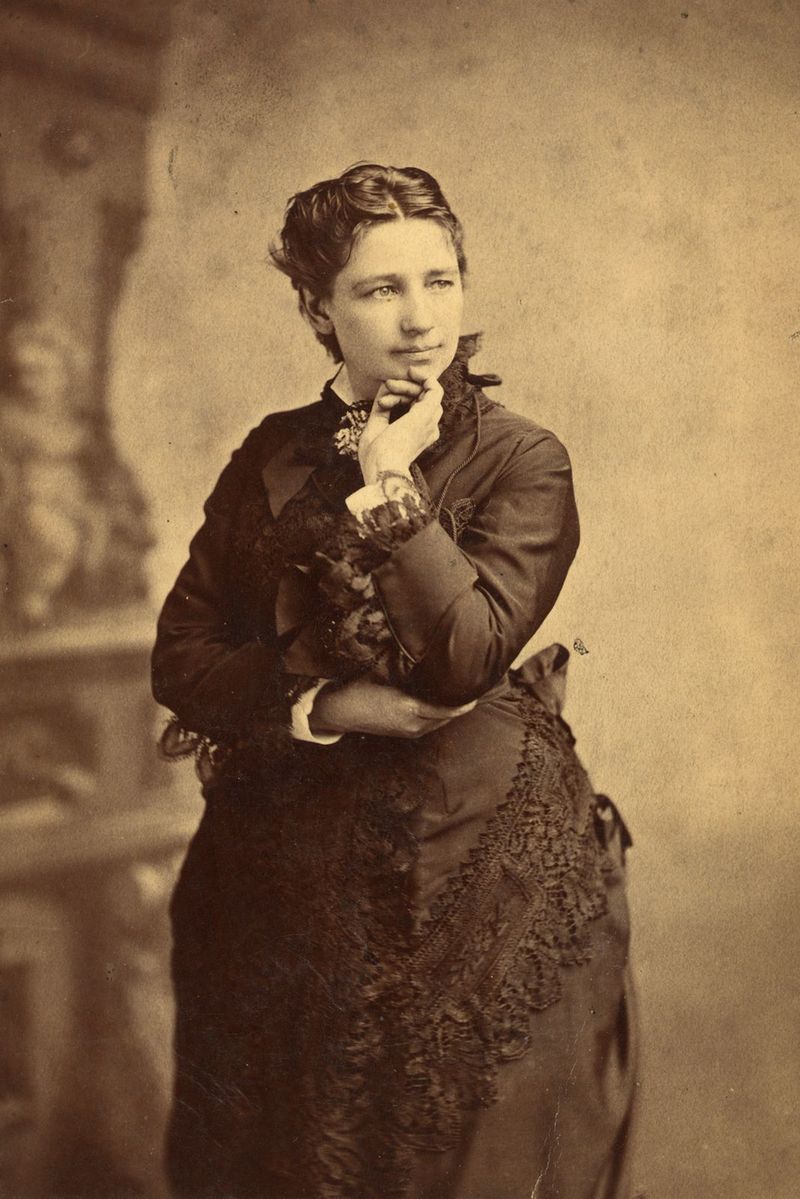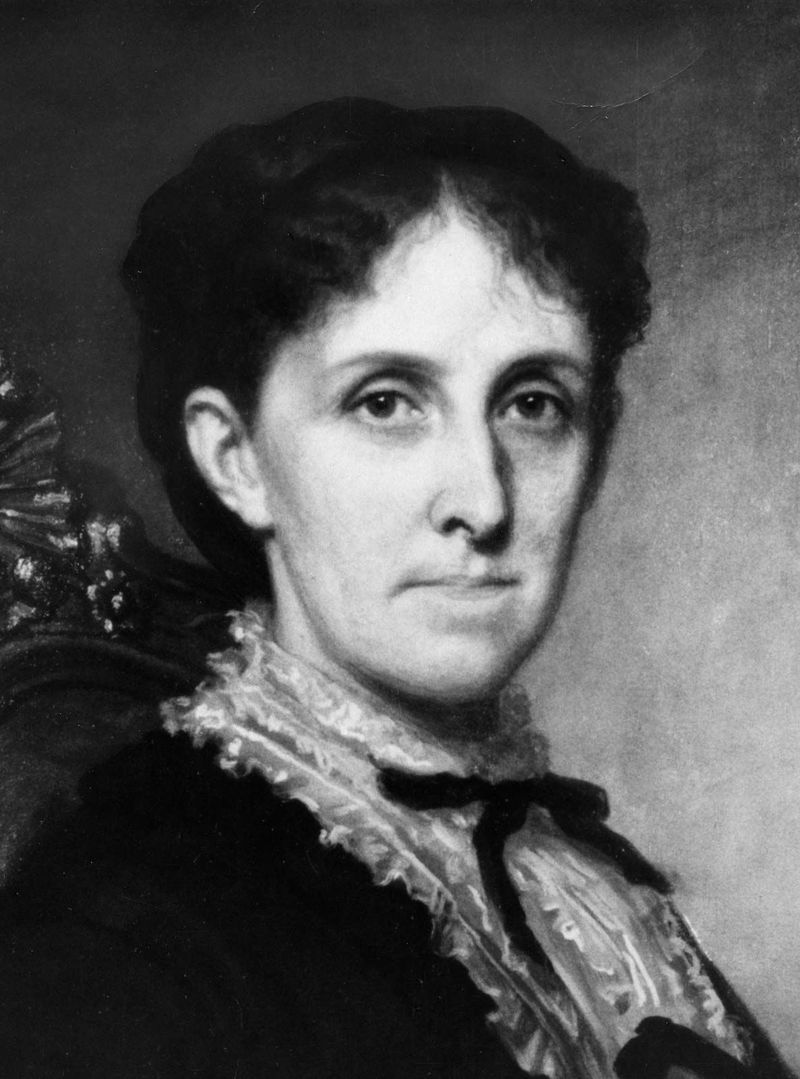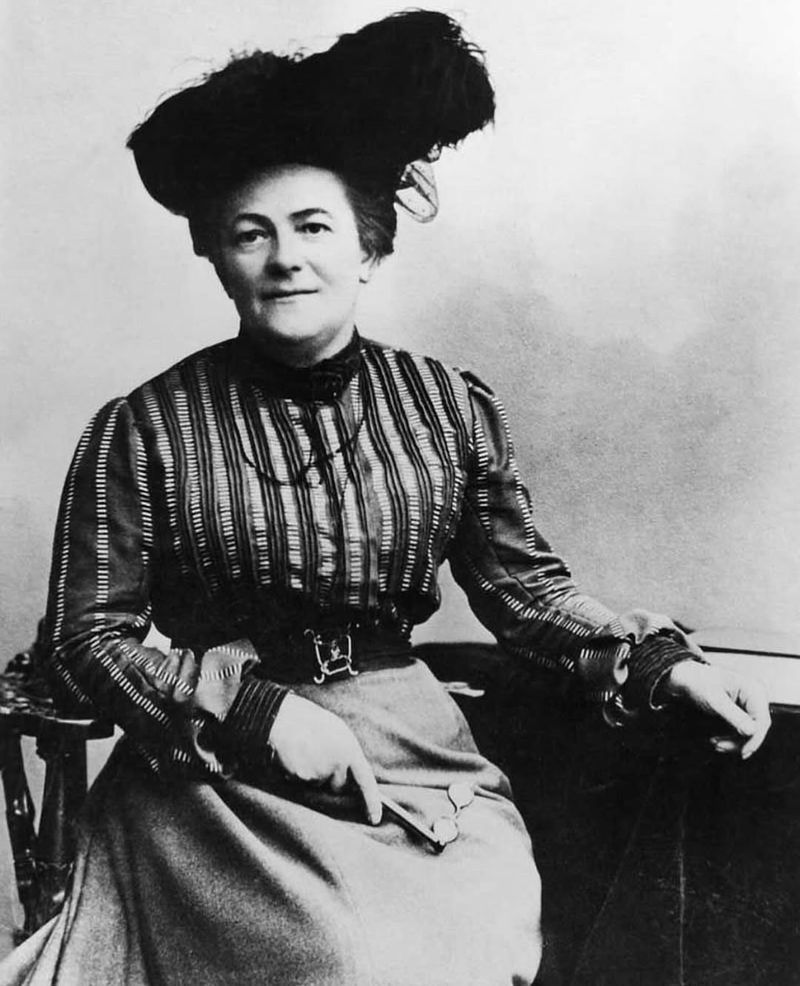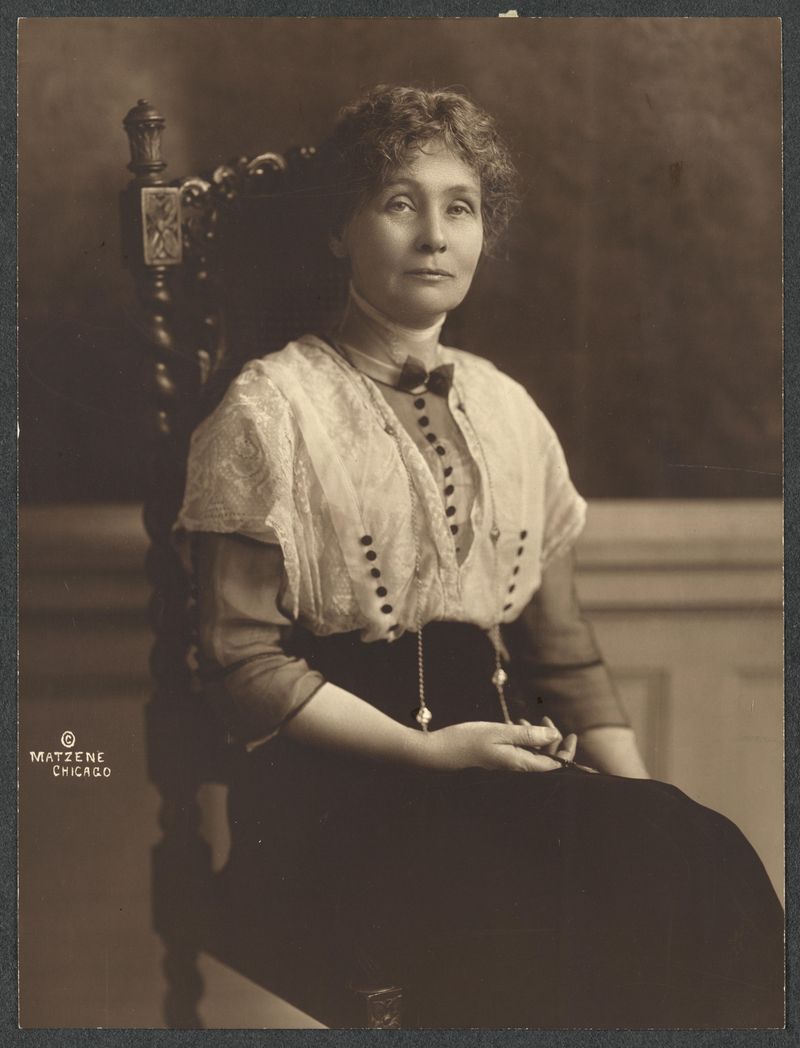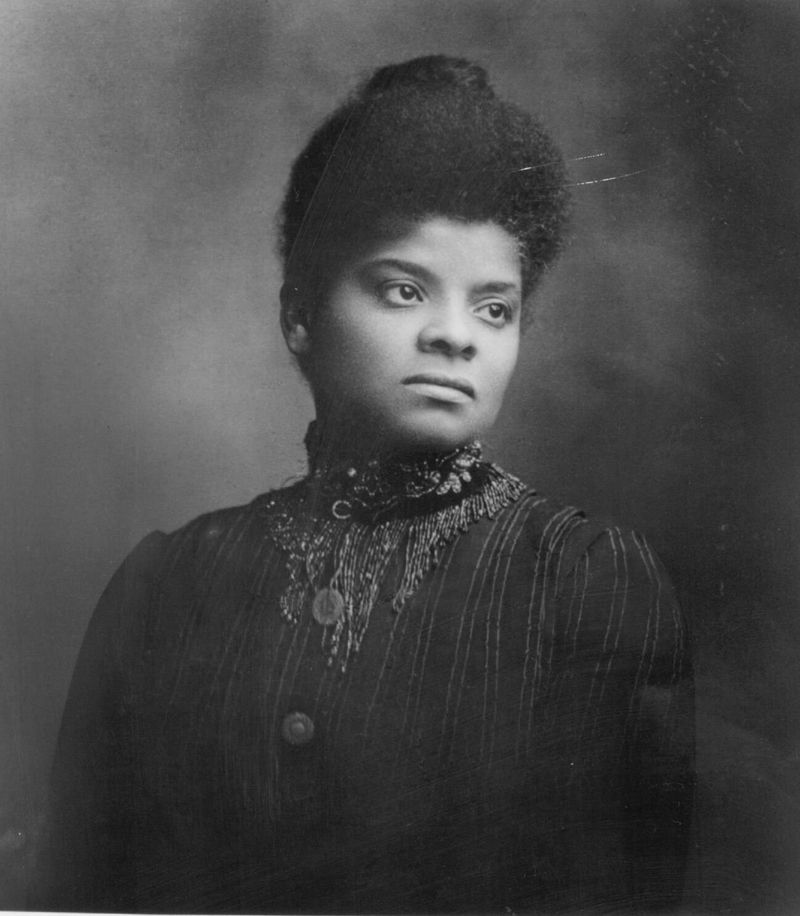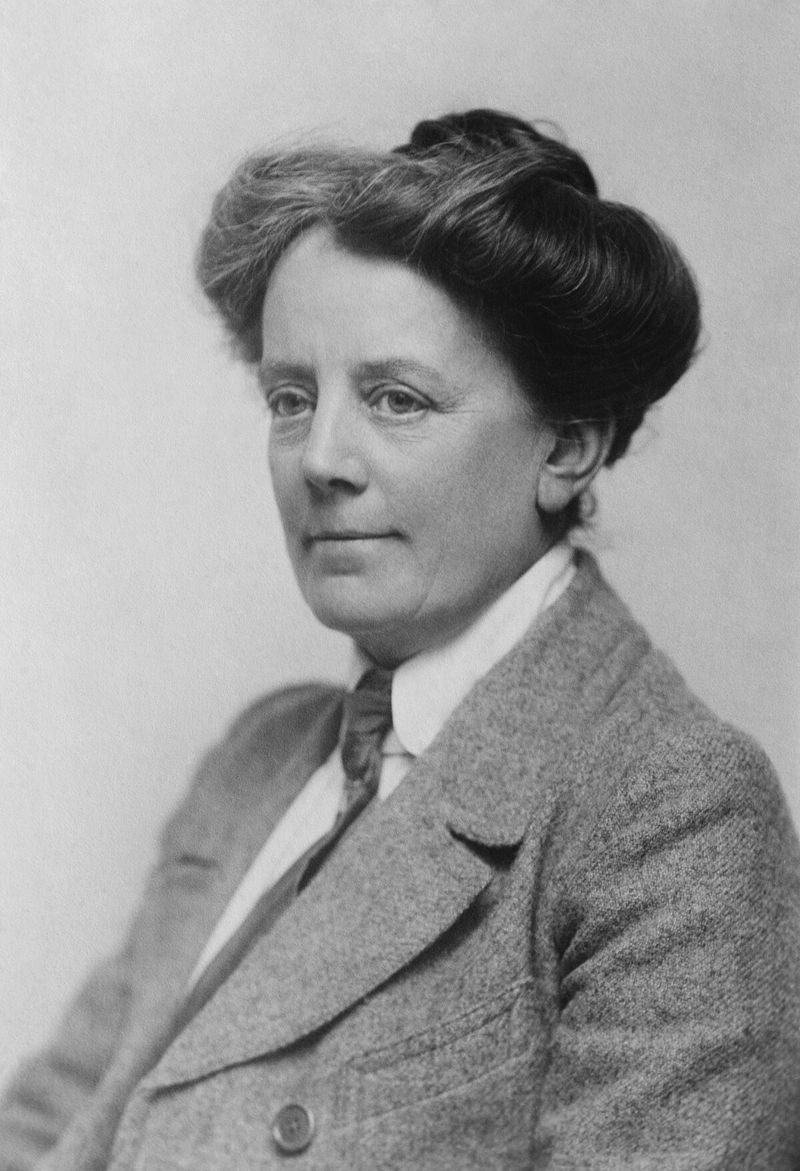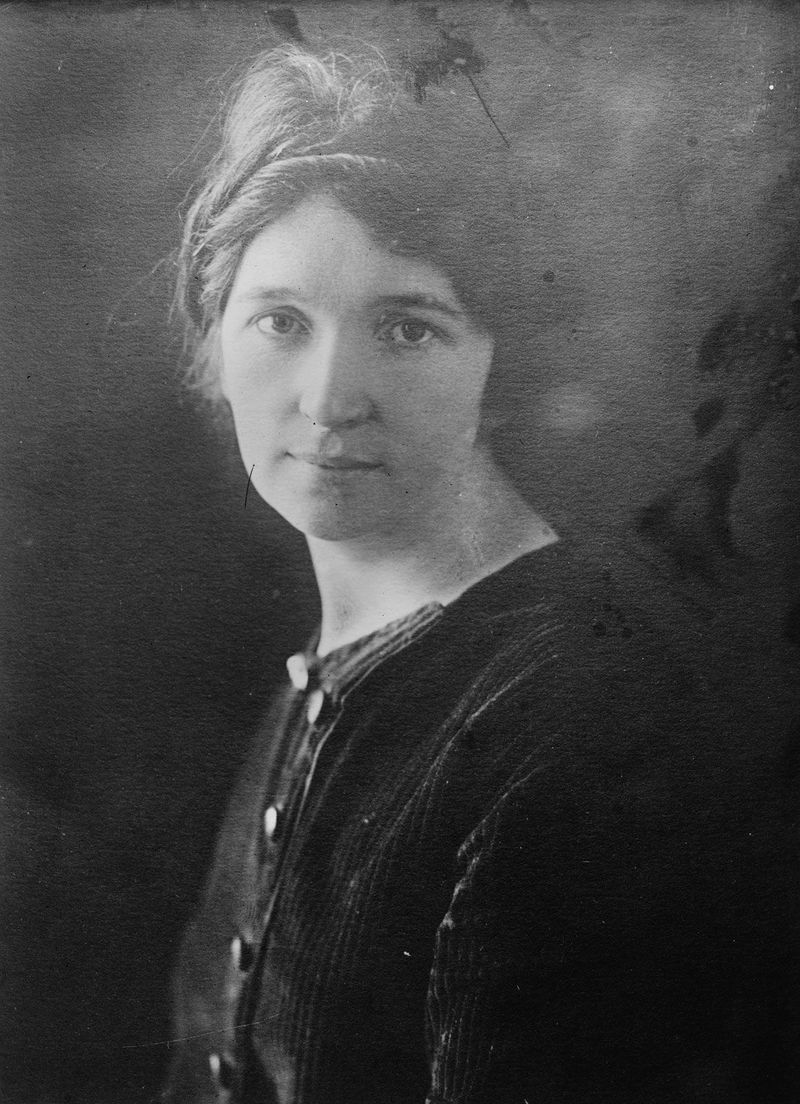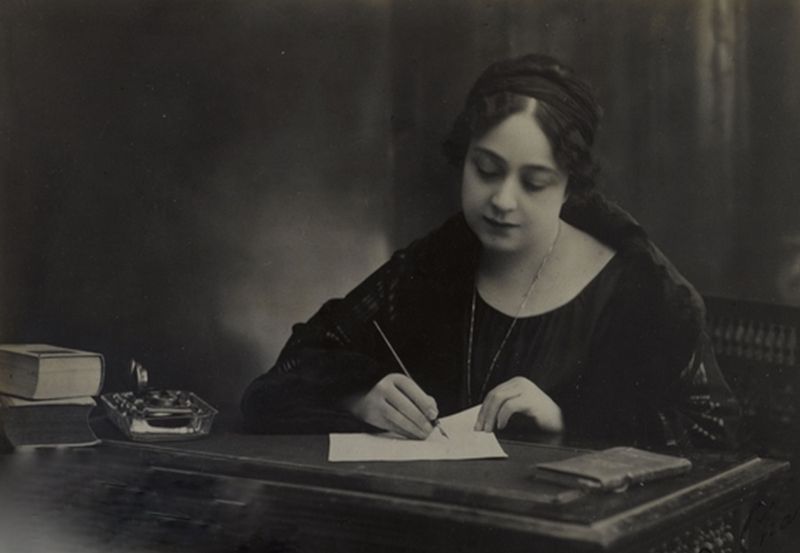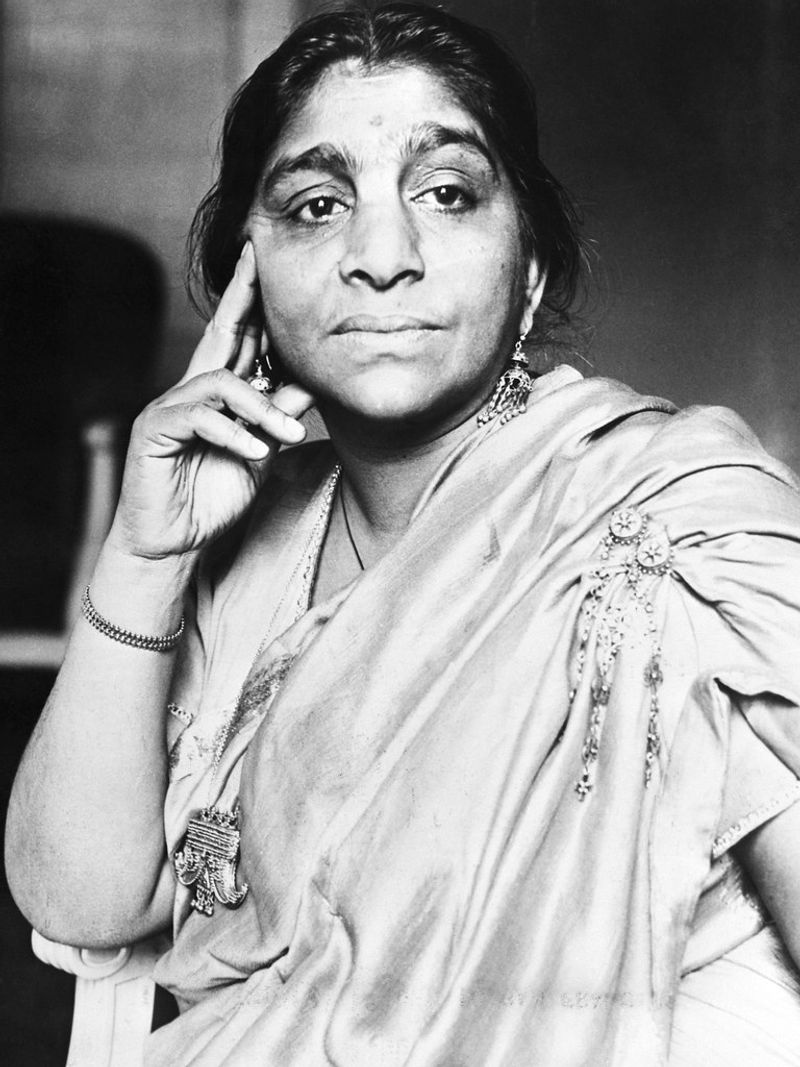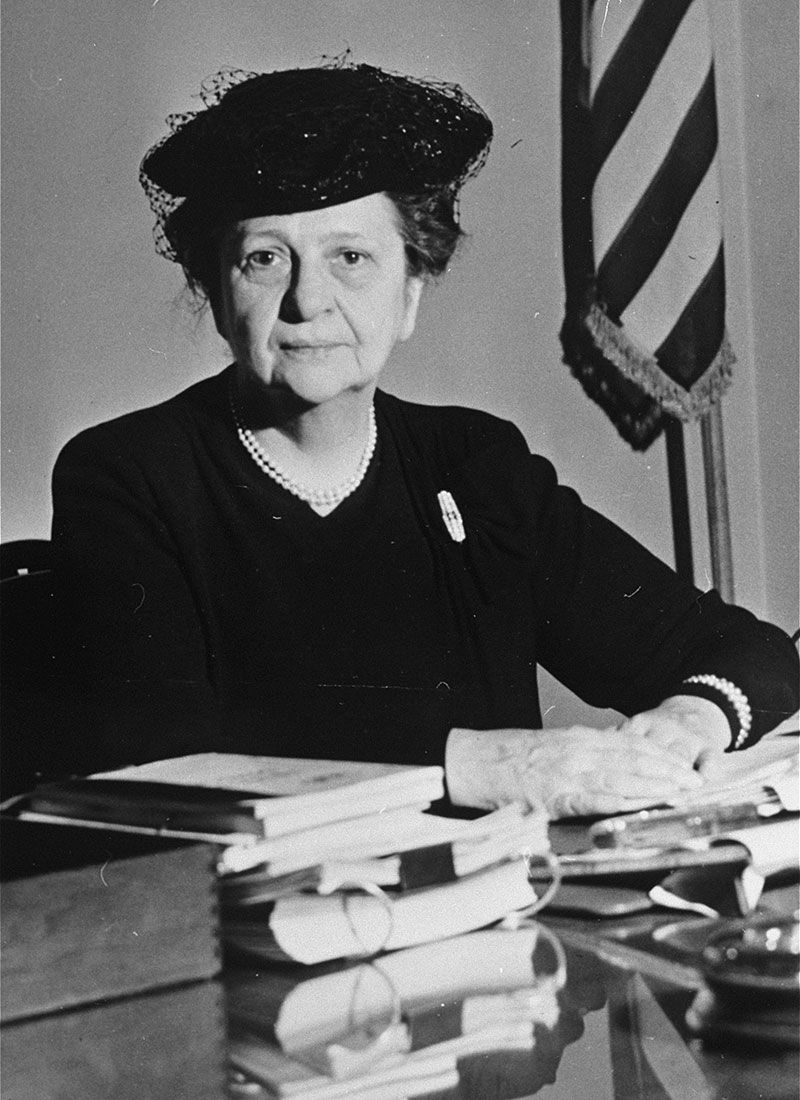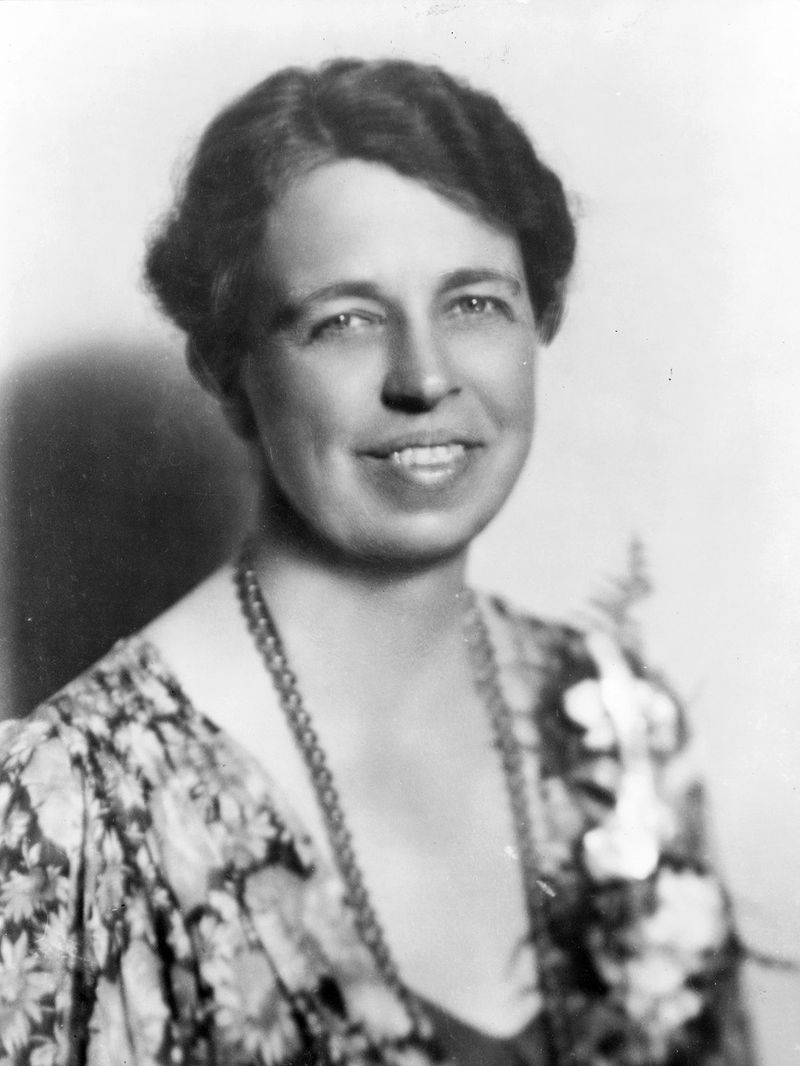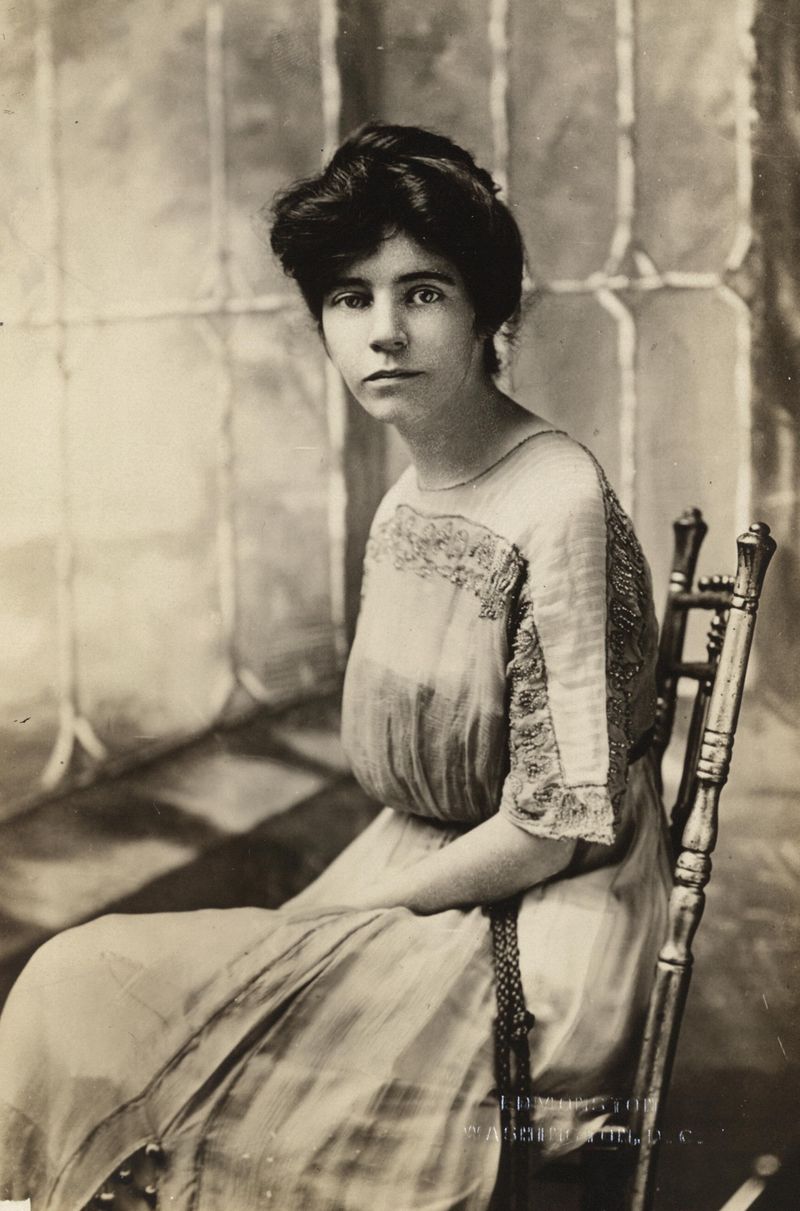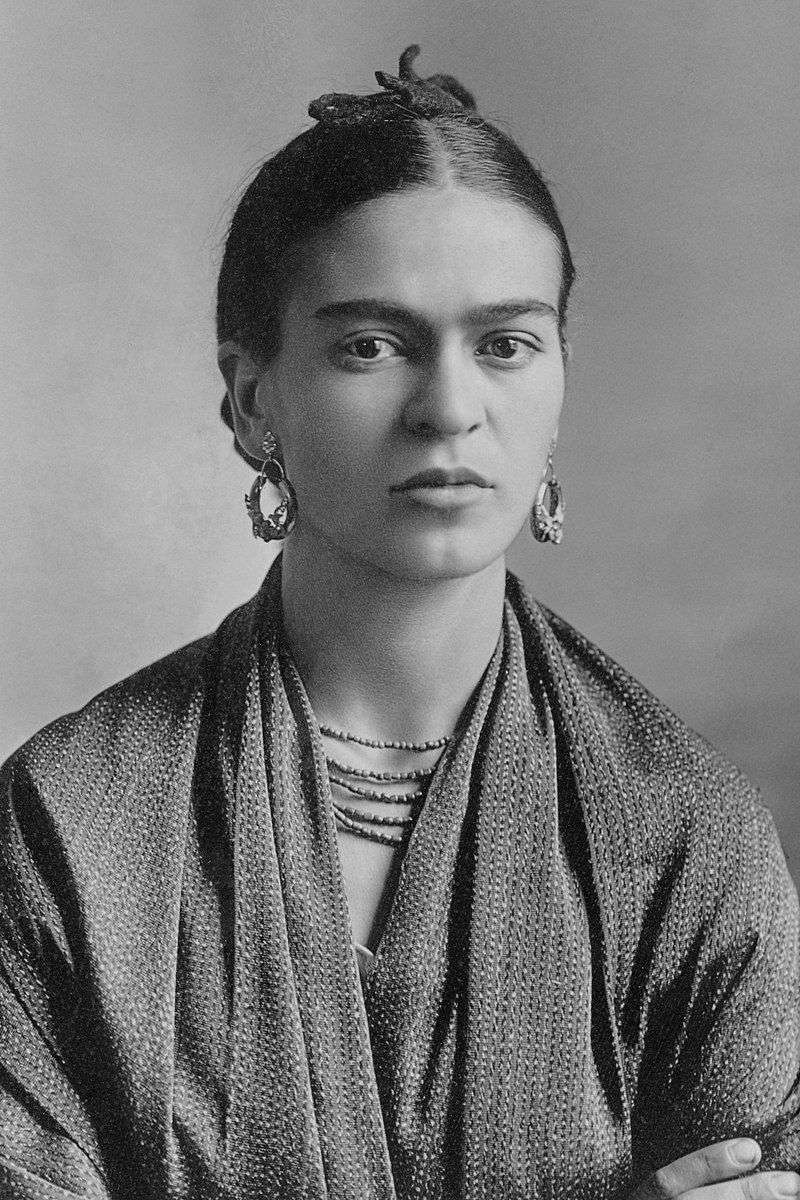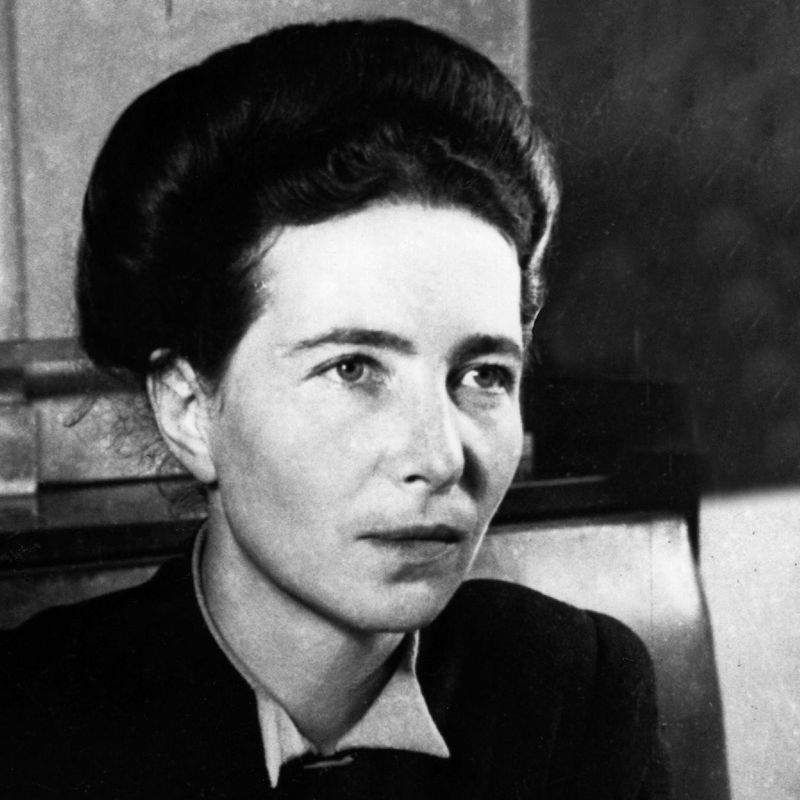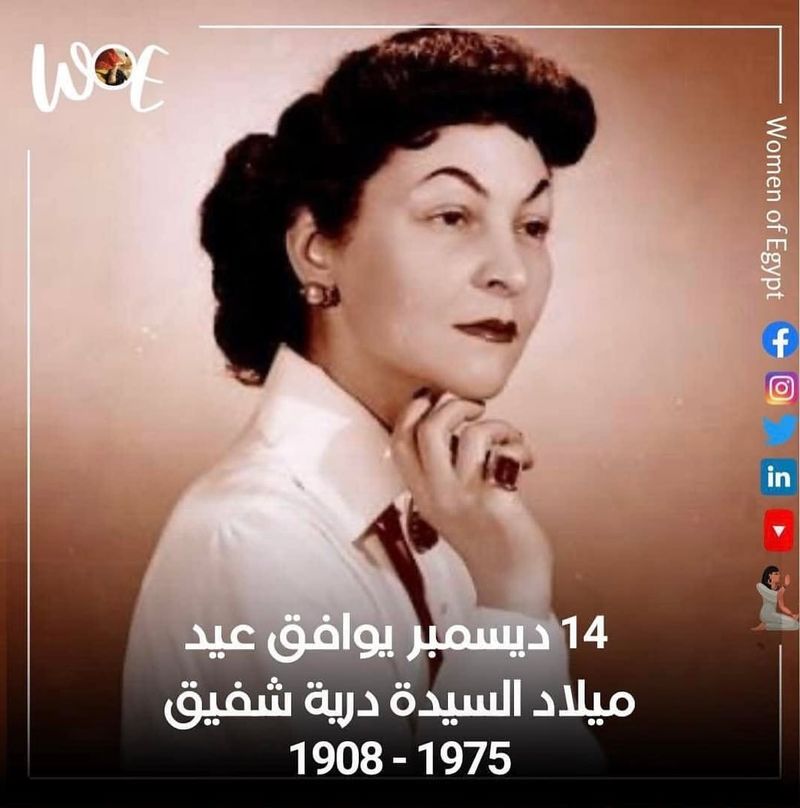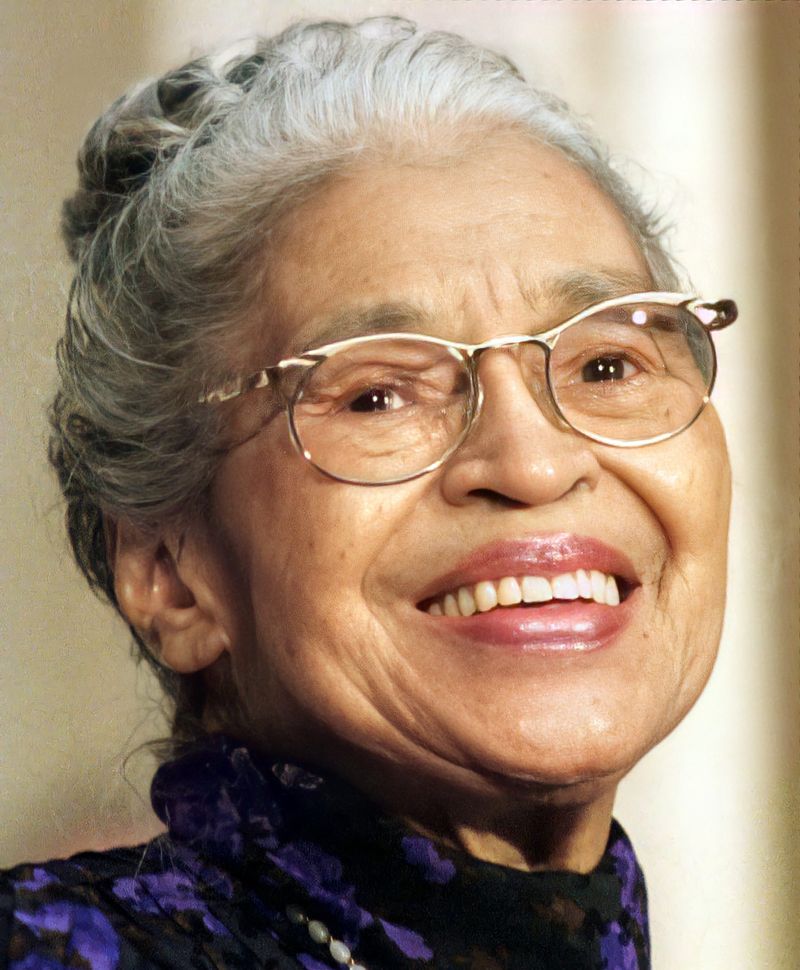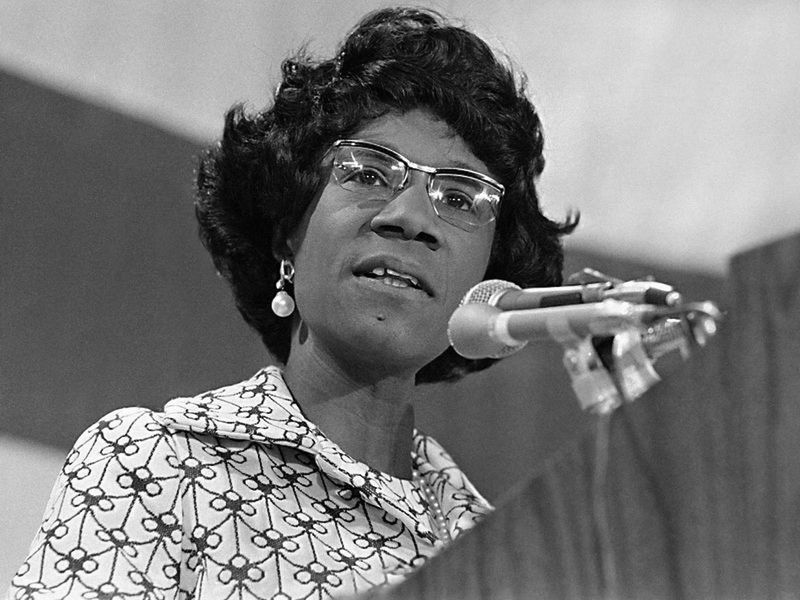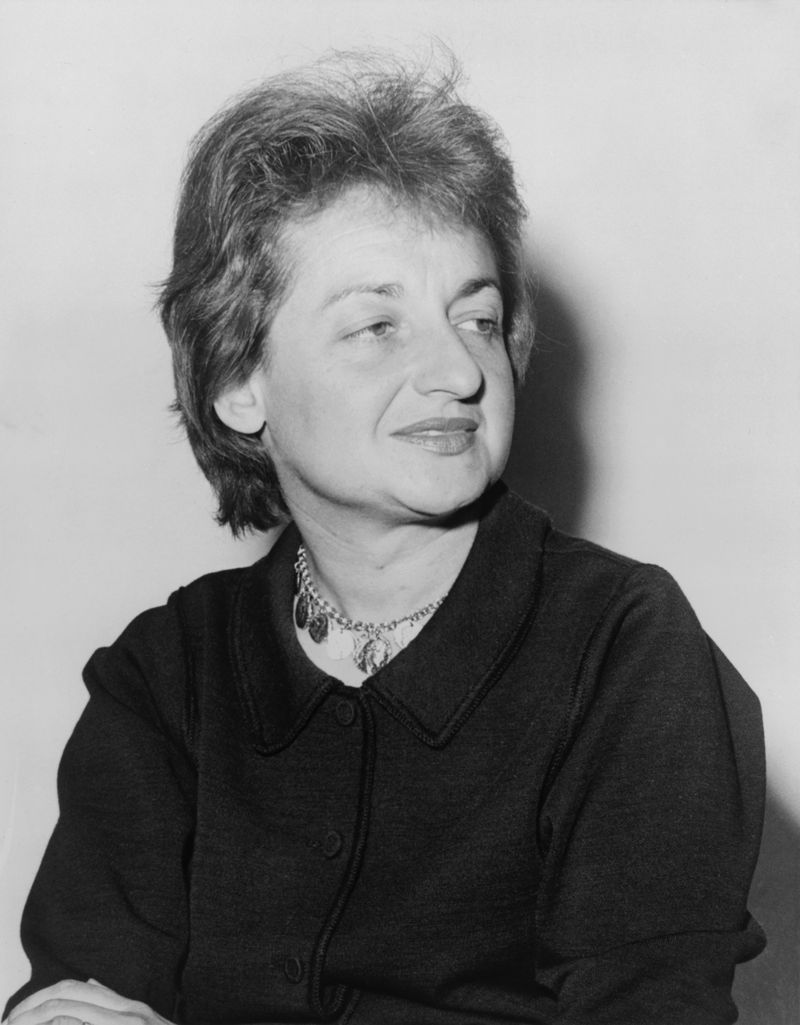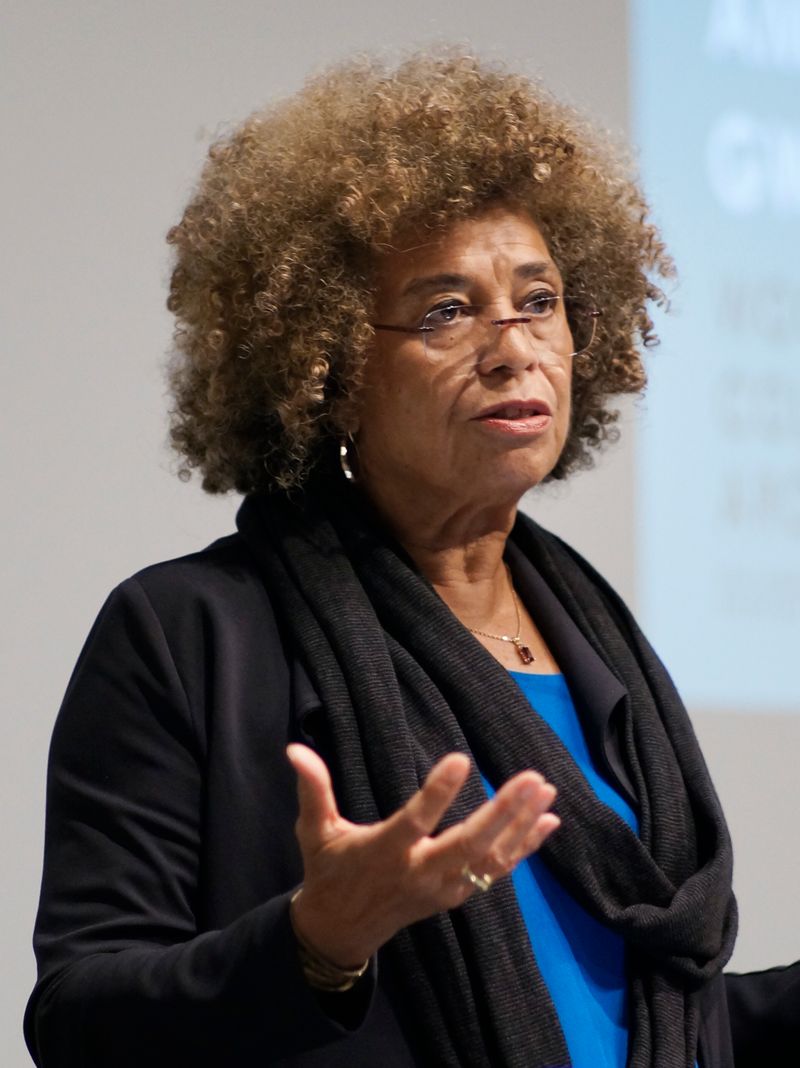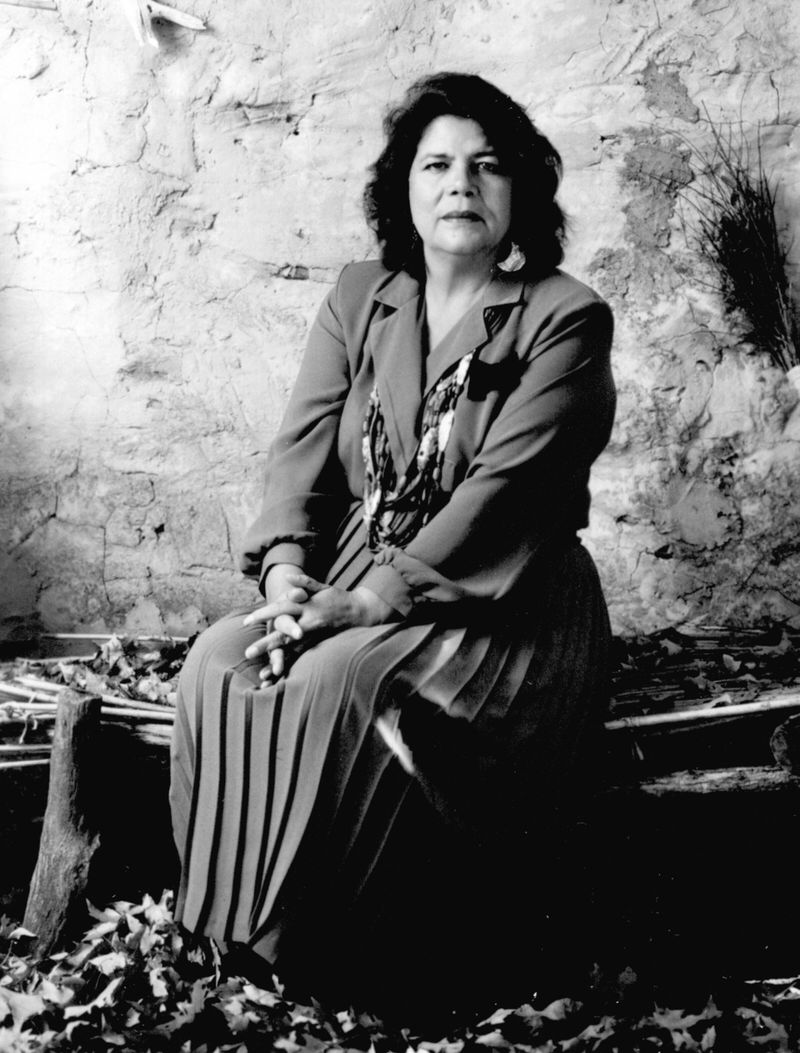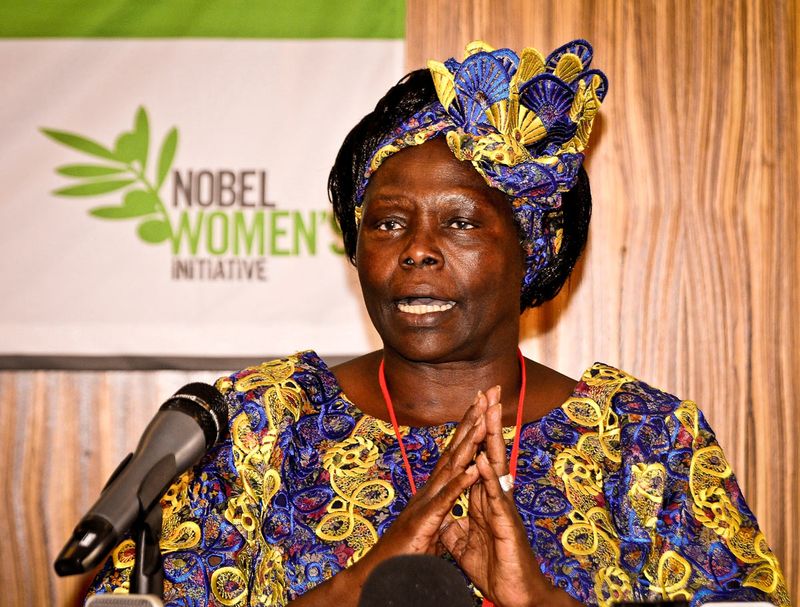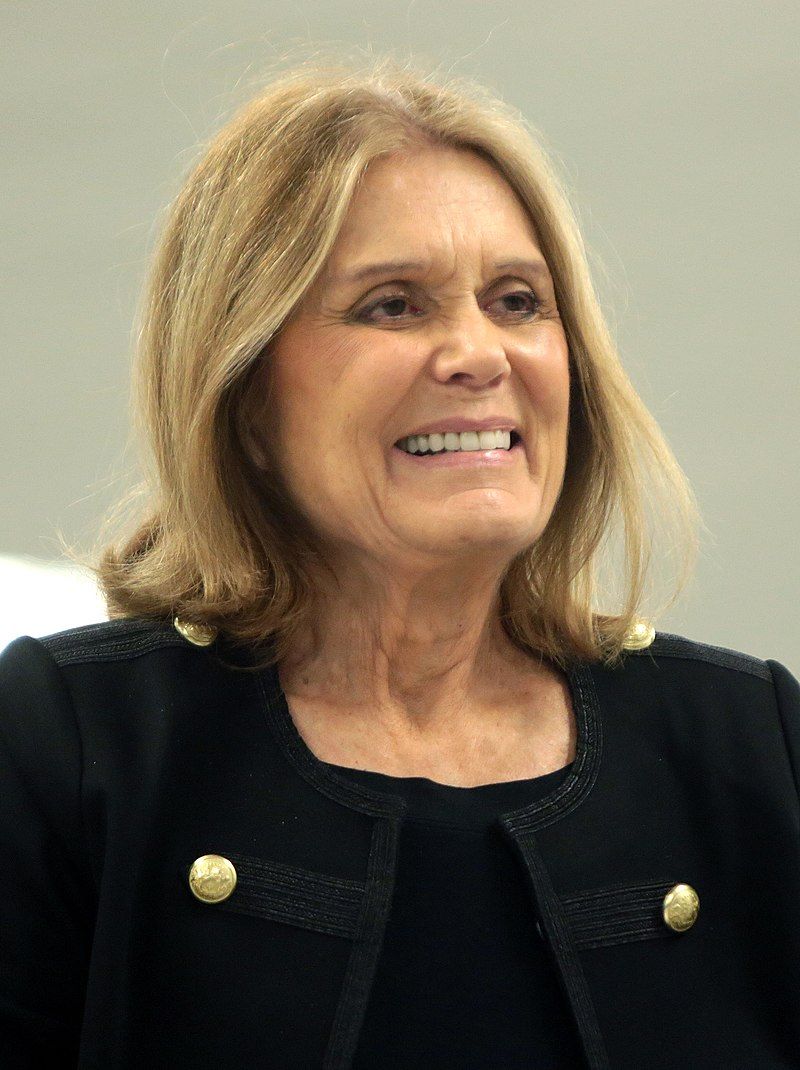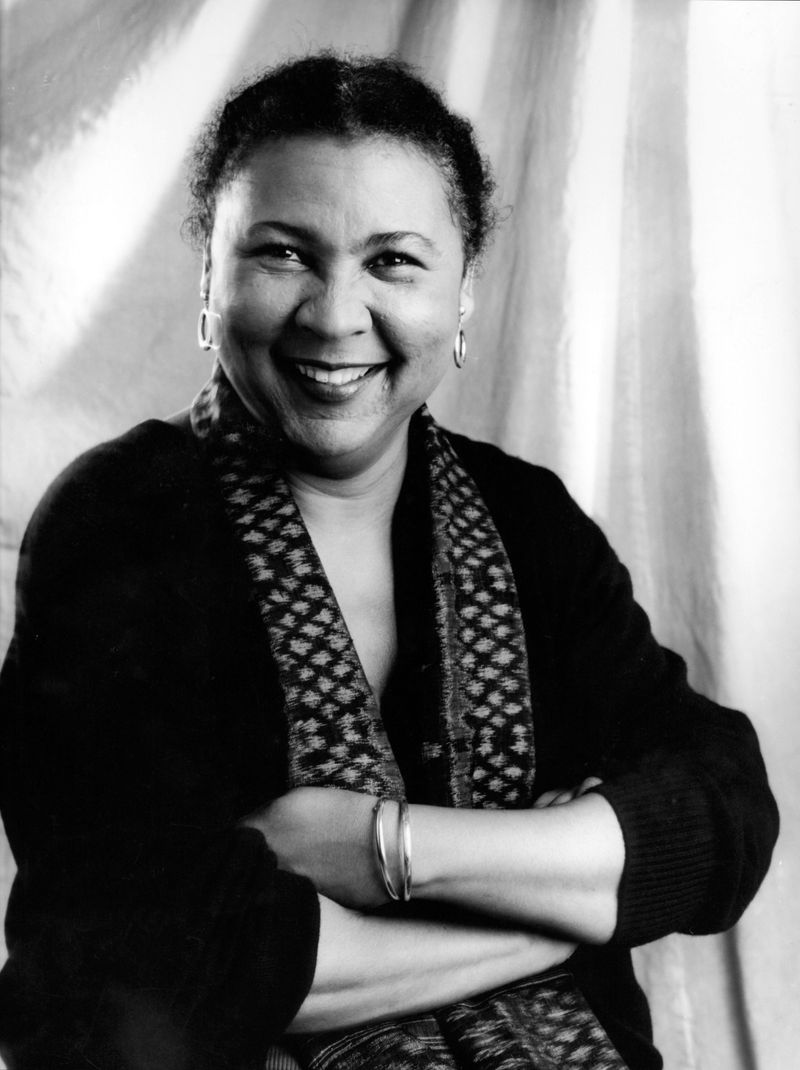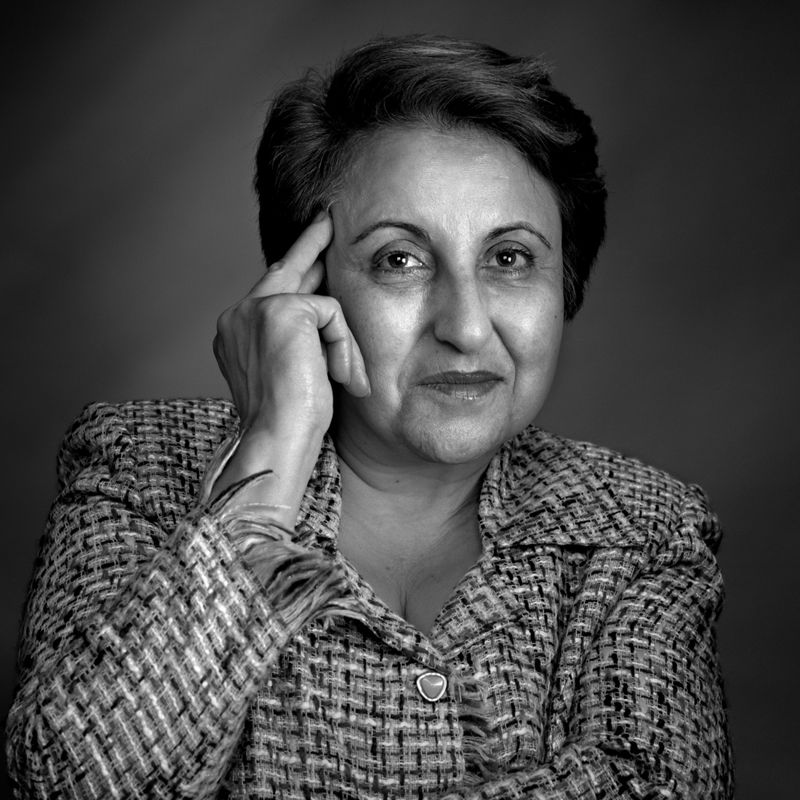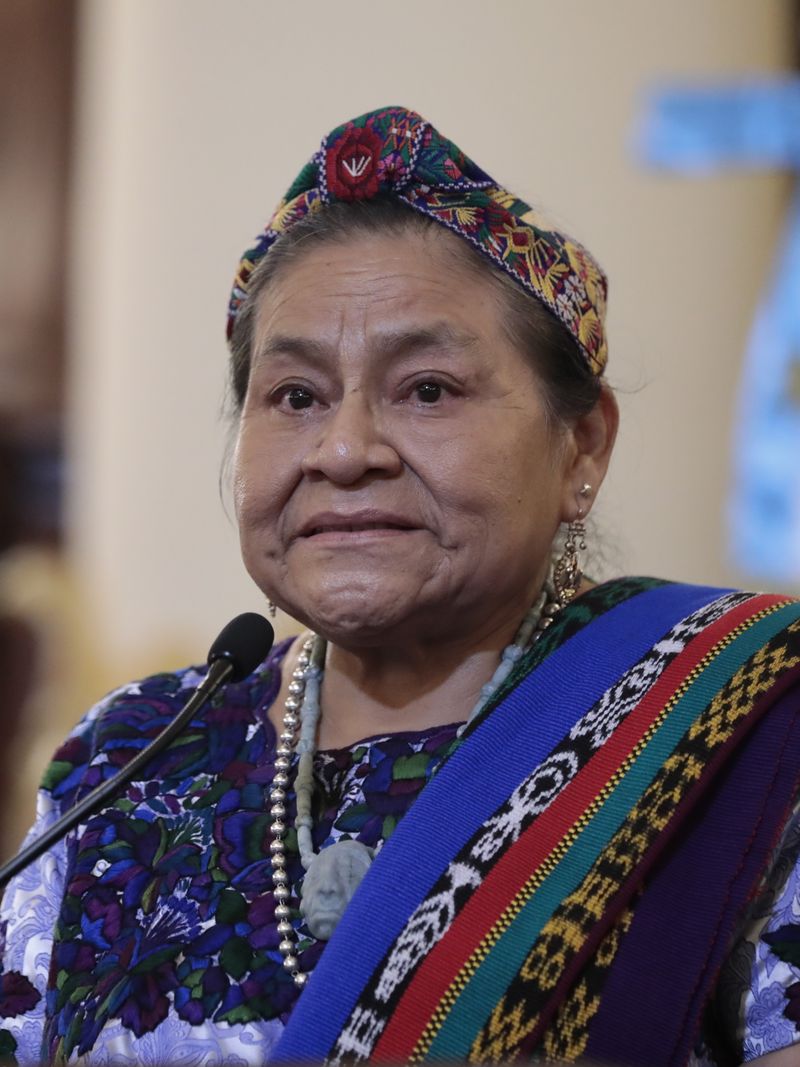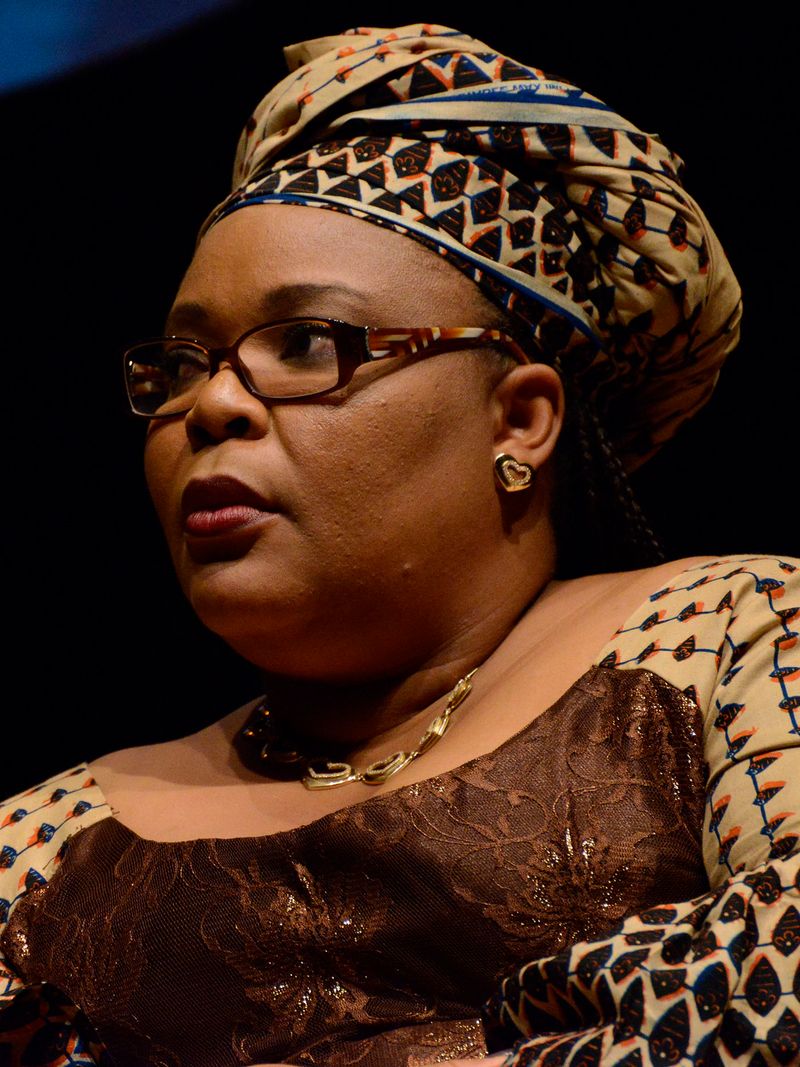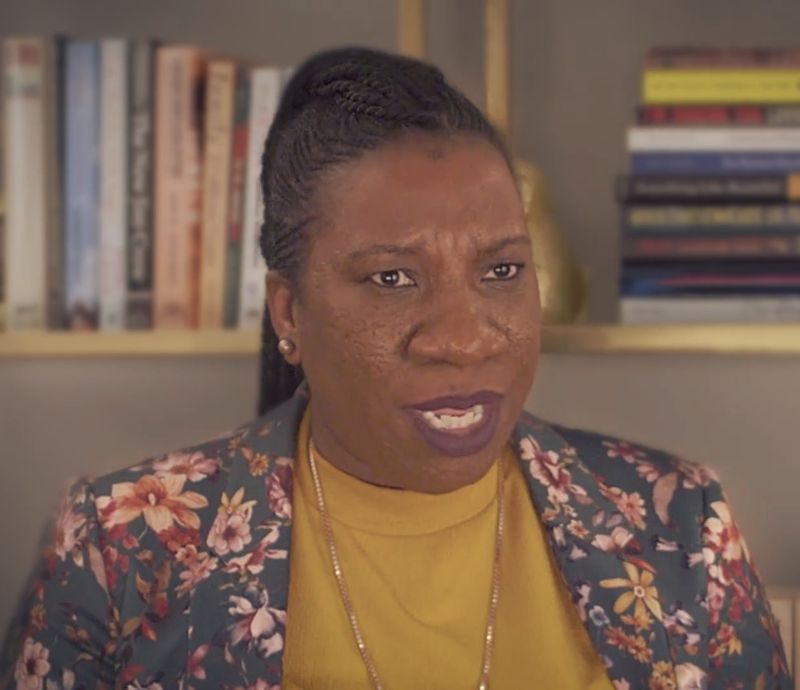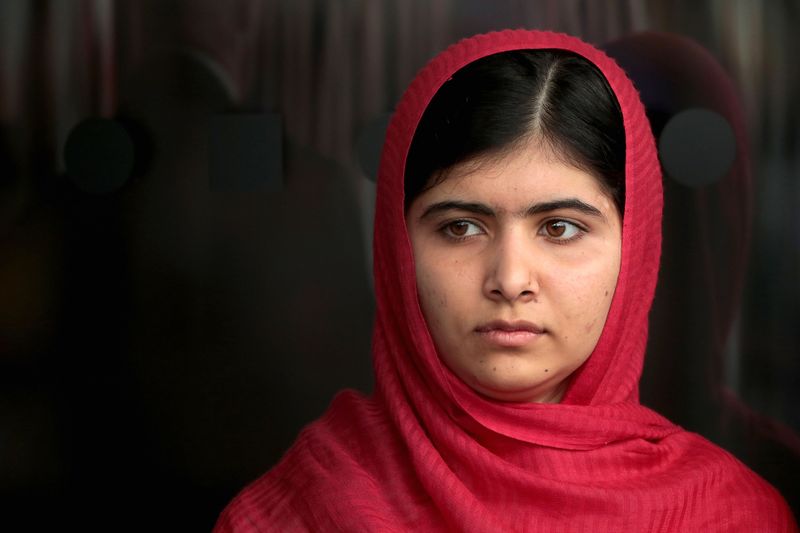Throughout history, countless women have taken bold stands to transform women’s rights globally.
These courageous individuals have left indelible marks, breaking barriers and leading movements that have shaped today’s world.
In this post, we explore 36 remarkable women whose contributions have significantly impacted the fight for gender equality.
1. Olympe de Gouges (1748-1793)
Olympe de Gouges was a pioneering French playwright and political activist who championed women’s rights during the French Revolution.
She is best known for her Declaration of the Rights of Woman and of the Female Citizen, which challenged male authority and called for gender equality.
Her fearless advocacy for women’s emancipation and her critique of the patriarchal society were revolutionary for her time.
De Gouges’s legacy continues to inspire feminists today, embodying the relentless pursuit of equality and justice for women. Her life’s work serves as a powerful reminder of the importance of standing up for human rights.
2. Mary Wollstonecraft (1759-1797)
Mary Wollstonecraft was an influential English writer and philosopher, best known for her work, A Vindication of the Rights of Woman. In this seminal text, she argued that women are not naturally inferior to men but appear to be so due to lack of education.
Wollstonecraft’s advocacy for educational reform and her belief in women’s rationality were groundbreaking. Her ideas laid the groundwork for women’s rights movements and continue to resonate today.
Her courage and intellect challenged societal norms and inspired future generations to demand equality and access to education for all.
3. Sojourner Truth (1797-1883)
Sojourner Truth was an African American abolitionist and women’s rights activist. Born into slavery, she escaped and became a powerful voice against slavery and for women’s suffrage.
Her famous speech, “Ain’t I a Woman?”, delivered in 1851, highlighted the intersectionality of race and gender. Truth’s life was a testament to her resilience and dedication to equality and justice.
She traveled extensively, speaking out against injustices and advocating for human rights. Her unwavering spirit and eloquent oratory made her an enduring symbol of strength and a pivotal figure in the fight for civil rights.
4. Margaret Fuller (1810-1850)
Margaret Fuller was an American journalist, editor, and women’s rights advocate. As a key figure in the transcendentalist movement, she emphasized the need for women’s education and intellectual development.
Her book, Woman in the Nineteenth Century, called for equality and encouraged women to pursue personal growth. Fuller believed in women’s potential to contribute meaningfully to society and championed their rights to education and employment.
Her pioneering work laid the foundation for future feminist thought and inspired women to seek greater autonomy and independence. Her legacy endures as a beacon for gender equality.
5. Elizabeth Cady Stanton (1815-1902)
Elizabeth Cady Stanton was a prominent leader in the American women’s rights movement. As a key organizer of the Seneca Falls Convention in 1848, she co-authored the Declaration of Sentiments, demanding equal rights for women.
Stanton’s advocacy for women’s suffrage and legal reforms was central to the movement’s early successes. Her collaboration with Susan B. Anthony helped shape the trajectory of women’s rights in the United States.
Stanton’s legacy is marked by her unwavering commitment to achieving political and social equality, inspiring countless women to continue the fight for justice and empowerment.
6. Susan B. Anthony (1820-1906)
Susan B. Anthony was a trailblazing American social reformer and women’s rights activist. A pivotal figure in the women’s suffrage movement, she co-founded the National Woman Suffrage Association with Elizabeth Cady Stanton.
Anthony dedicated her life to securing voting rights for women, often facing arrest and societal backlash. Her relentless campaigning and strategic advocacy were instrumental in advancing the suffrage cause.
Anthony’s legacy is celebrated for her tenacity and unwavering belief in equality. Her life’s work paved the way for the eventual passage of the 19th Amendment, securing women’s right to vote in the United States.
7. Lucy Stone (1818-1893)
Lucy Stone was a pioneering American orator and women’s rights advocate. As one of the first women to earn a college degree in the United States, she became a vocal advocate for women’s suffrage and abolition.
Stone’s eloquence and dedication to justice inspired many, and she played a crucial role in organizing and mobilizing support for the women’s rights movement. Her efforts in founding the Woman’s Journal helped spread feminist ideas nationwide.
Stone’s legacy is marked by her commitment to equality and her role in paving the way for future generations of women activists.
8. Harriet Tubman (1822-1913)
Harriet Tubman was a courageous American abolitionist and political activist. Born into slavery, she escaped and became a leading figure in the Underground Railroad, guiding hundreds of enslaved people to freedom.
Tubman’s bravery and strategic acumen were pivotal in the fight against slavery. Beyond her work in the Underground Railroad, she served as a spy and nurse during the Civil War.
Tubman’s legacy is defined by her unwavering dedication to justice and freedom. Her life exemplifies the profound impact one individual can have in the pursuit of liberty and equality for all.
9. Victoria Woodhull (1838-1927)
Victoria Woodhull was a pioneering American suffragist and activist who achieved numerous firsts in her lifetime. She was the first woman to run for President of the United States and a staunch advocate for women’s rights and social reform.
Woodhull’s progressive views on marriage, gender equality, and labor rights were ahead of her time. Through her newspaper, Woodhull & Claflin’s Weekly, she challenged societal norms and advocated for change.
Her fearless advocacy made her a controversial yet influential figure in the suffrage movement, inspiring future generations to challenge the status quo.
10. Louisa May Alcott (1832-1888)
Louisa May Alcott was a renowned American author and advocate for women’s rights. Best known for her novel, Little Women, Alcott captured the complexities of family life and the pursuit of personal aspirations.
Beyond her literary contributions, she was a vocal supporter of women’s suffrage and abolition. Alcott’s writings often reflected her progressive views on gender roles and social issues.
Her legacy is remembered for her ability to inspire readers to question societal norms and for her role in promoting gender equality. Alcott’s work continues to resonate with audiences, encouraging empathy and understanding.
11. Clara Zetkin (1857-1933)
Clara Zetkin was a German Marxist theorist, activist, and advocate for women’s rights. A leading figure in the socialist movement, she fought tirelessly for gender equality and workers’ rights.
Zetkin organized the first International Women’s Day in 1911, a pivotal event in the women’s rights movement. Her efforts in promoting solidarity among women worldwide were instrumental in advancing gender equality.
Zetkin’s legacy is celebrated for her commitment to social justice and her influence in shaping feminist thought. Her life’s work continues to inspire activists to pursue equality and challenge oppressive systems.
12. Emmeline Pankhurst (1858-1928)
Emmeline Pankhurst was a formidable British political activist and leader of the suffragette movement. As the founder of the Women’s Social and Political Union, she employed militant tactics to demand women’s suffrage.
Pankhurst’s tenacity and strategic organizing were instrumental in securing voting rights for women in the UK. Despite facing imprisonment and opposition, she remained undeterred in her mission.
Pankhurst’s legacy is defined by her unwavering commitment to women’s empowerment and her role in reshaping the political landscape. Her life’s work serves as a testament to the power of perseverance and activism.
13. Ida B. Wells (1862-1931)
Ida B. Wells was an influential African American journalist, educator, and civil rights activist. She is best known for her courageous journalism documenting lynching in the United States.
Wells’s investigative work brought national attention to racial violence and injustice. As a co-founder of the NAACP, she was a prominent voice in the fight for racial equality and women’s suffrage.
Wells’s legacy is characterized by her fearless advocacy for justice and her commitment to exposing truth. Her life’s work continues to inspire journalists and activists to challenge injustice and advocate for human rights.
14. Ethel Smyth (1858-1944)
Ethel Smyth was a pioneering British composer and suffragette. She broke barriers in the male-dominated world of classical music, composing operas and orchestral works.
Smyth’s involvement in the women’s suffrage movement was marked by her composition of “The March of the Women,” the anthem of the suffrage movement.
Her contributions to music and activism were significant, challenging gender norms and advocating for women’s rights.
Smyth’s legacy is celebrated for her artistic achievements and her role in advancing social change. Her determination and creativity continue to inspire musicians and activists alike.
15. Margaret Sanger (1879-1966)
Margaret Sanger was a trailblazing American birth control activist and sex educator. She founded the first birth control clinic in the United States, advocating for women’s reproductive rights.
Sanger’s efforts led to the establishment of Planned Parenthood and played a crucial role in advancing women’s access to contraception.
Her work faced significant legal and societal challenges, yet she persisted in her mission to empower women with reproductive autonomy.
Sanger’s legacy is marked by her pioneering role in the reproductive rights movement, inspiring future generations to continue the fight for women’s health and choices.
16. Huda Sha’arawi (1879-1947)
Huda Sha’arawi was an Egyptian feminist and nationalist, known for her activism in advancing women’s rights in Egypt. She founded the Egyptian Feminist Union, advocating for education and political participation for women.
Sha’arawi’s decision to publicly remove her veil in 1923 was a symbolic act of liberation, challenging societal norms. Her efforts contributed to significant legal and social reforms in Egypt, paving the way for future generations of women activists.
Sha’arawi’s legacy is celebrated for her courage and determination to challenge patriarchal structures, inspiring women to fight for equality and empowerment.
17. Sarojini Naidu (1879-1949)
Sarojini Naidu was an Indian independence activist, poet, and advocate for women’s rights. Known as the “Nightingale of India,” she used her poetic talent to inspire and mobilize for social change.
Naidu was the first woman to serve as the president of the Indian National Congress and played a pivotal role in the freedom movement.
Her advocacy for women’s education and participation in politics was instrumental in advancing gender equality in India. Naidu’s legacy is remembered for her eloquence and dedication to social justice, inspiring future generations to pursue equality and independence.
18. Frances Perkins (1880-1965)
Frances Perkins was the first woman appointed to the U.S. Cabinet, serving as Secretary of Labor under President Franklin D. Roosevelt. A key architect of the New Deal, she was instrumental in shaping labor policies and advancing workers’ rights.
Perkins’s efforts led to the establishment of Social Security and improved labor standards. Her dedication to social reform and economic justice made her a trailblazer in American politics.
Perkins’s legacy is celebrated for her role in transforming labor laws and her commitment to improving the lives of working individuals, inspiring future leaders to prioritize social equity.
19. Eleanor Roosevelt (1884-1962)
Eleanor Roosevelt was an influential American political figure, diplomat, and advocate for human rights. As First Lady, she redefined the role, championing social causes and equality.
Roosevelt was instrumental in drafting the Universal Declaration of Human Rights as a United Nations delegate. Her advocacy for civil rights and social justice made her a revered figure worldwide.
Roosevelt’s legacy is marked by her commitment to humanitarian efforts and her ability to inspire change. Her life’s work continues to resonate, encouraging future generations to pursue justice and equality for all.
20. Alice Paul (1885-1977)
Alice Paul was a formidable American suffragist and women’s rights activist. She played a pivotal role in the passage of the 19th Amendment, securing women’s right to vote.
Paul founded the National Woman’s Party and spearheaded the campaign for the Equal Rights Amendment. Her strategic organizing and unwavering resolve were key in advancing women’s rights.
Despite facing imprisonment and opposition, she remained dedicated to her mission. Paul’s legacy is celebrated for her relentless pursuit of equality and her influence in reshaping the legal landscape. Her life’s work continues to inspire advocates for gender justice.
21. Frida Kahlo (1907-1954)
Frida Kahlo was a renowned Mexican artist and feminist icon. Her surreal and symbolic paintings explored themes of identity, postcolonialism, and gender.
Kahlo’s art challenged traditional notions of femininity and inspired a new wave of feminist thought. Despite personal hardships and health challenges, she persevered in her creative endeavors.
Kahlo’s legacy is celebrated for her unique artistic voice and her ability to convey profound emotions through her work. Her life’s story continues to inspire artists and feminists, encouraging self-expression and the exploration of personal and cultural identity.
22. Simone de Beauvoir (1908-1986)
Simone de Beauvoir was a French existentialist philosopher, writer, and feminist. Her groundbreaking work, The Second Sex, is a seminal text in feminist theory, exploring the oppression of women and challenging societal norms.
De Beauvoir’s philosophical insights and advocacy for gender equality reshaped feminist discourse. Her intellectual rigor and ability to articulate complex ideas inspired generations of feminists worldwide.
De Beauvoir’s legacy is celebrated for her profound impact on feminist theory and her contribution to existentialist philosophy. Her life’s work continues to influence thinkers and activists in the pursuit of gender equality.
23. Doria Shafik (1908-1975)
Doria Shafik was an Egyptian feminist, poet, and reformer. She was a leading figure in the fight for women’s rights in Egypt, advocating for education and political participation.
Shafik’s efforts were instrumental in securing women’s suffrage in Egypt in 1956. As the founder of the feminist magazine Bint al-Nil, she provided a platform for women’s voices and challenged societal norms.
Shafik’s legacy is celebrated for her courage and determination to advance women’s rights. Her life’s work continues to inspire activists to pursue equality and social change in Egypt and beyond.
24. Rosa Parks (1913-2005)
Rosa Parks was an American civil rights activist whose refusal to give up her bus seat sparked the Montgomery Bus Boycott. Her courageous act of defiance became a pivotal moment in the civil rights movement.
Parks’s dedication to justice and equality galvanized activists and led to significant legal and social reforms. Her legacy is celebrated for her role in challenging racial segregation and her impact on the fight for civil rights.
Parks’s life’s work continues to inspire individuals to stand against injustice and advocate for equal rights for all.
25. Shirley Chisholm (1924-2005)
Shirley Chisholm was a trailblazing American politician and educator. She made history as the first African American woman elected to the United States Congress. Chisholm’s advocacy for social and economic justice was central to her political career.
She ran for the Democratic presidential nomination in 1972, becoming the first African American woman to seek a major party’s nomination.
Chisholm’s legacy is celebrated for her courage and dedication to public service, inspiring future generations of women and minorities to pursue political leadership and challenge systemic barriers.
26. Betty Friedan (1921-2006)
Betty Friedan was an influential American feminist writer and activist. Her book, The Feminine Mystique, is credited with sparking the second wave of feminism in the United States.
Friedan co-founded the National Organization for Women (NOW), advocating for equal rights and opportunities for women. Her efforts were instrumental in advancing gender equality and challenging traditional gender roles.
Friedan’s legacy is celebrated for her role in reshaping feminist discourse and her impact on social change. Her life’s work continues to inspire feminists and activists to pursue equality and challenge societal norms.
27. Angela Davis (1944-Present)
Angela Davis is a renowned American political activist, scholar, and author. Her involvement in the civil rights and Black liberation movements has made her a prominent figure in social justice advocacy.
Davis’s work focuses on issues of race, gender, and economic inequality. Her activism and scholarship have challenged systemic oppression and inspired change.
Despite facing imprisonment and political persecution, Davis remains a leading voice in the fight for human rights.
Her legacy is celebrated for her unwavering commitment to justice and her influence in shaping contemporary social movements. She continues to inspire activists globally.
28. Wilma Mankiller (1945-2010)
Wilma Mankiller was the first woman elected as Principal Chief of the Cherokee Nation. Her leadership transformed the tribe, focusing on community development and social services.
Mankiller’s efforts in promoting education and economic self-sufficiency empowered the Cherokee people. Her dedication to social justice and indigenous rights made her a respected leader.
Mankiller’s legacy is celebrated for her role in advancing the rights and well-being of Native Americans. Her life’s work continues to inspire indigenous leaders and activists to pursue equality, empowerment, and cultural preservation.
29. Wangari Maathai (1940-2011)
Wangari Maathai was a Kenyan environmental and political activist. She founded the Green Belt Movement, which focused on environmental conservation and women’s empowerment.
Maathai’s efforts in reforestation and sustainable development earned her the Nobel Peace Prize in 2004. Her advocacy for environmental and social justice was pivotal in advancing global awareness of ecological issues.
Maathai’s legacy is celebrated for her groundbreaking work in environmental activism and her commitment to empowering women. Her life’s work continues to inspire individuals to pursue environmental conservation and advocate for sustainable development.
30. Gloria Steinem (1934-Present)
Gloria Steinem is a renowned American feminist, journalist, and social activist. As a leading figure in the women’s liberation movement, she co-founded Ms. magazine and played a pivotal role in advancing women’s rights.
Steinem’s advocacy for gender equality and reproductive rights has been influential in shaping feminist discourse. Her life’s work is celebrated for her ability to inspire and mobilize activists worldwide.
Steinem continues to be a prominent voice in the fight for social justice, encouraging future generations to challenge inequality and advocate for change.
31. Bell Hooks (1952-2021)
Bell Hooks was an influential American author, feminist, and social activist. Her work explored the intersections of race, gender, and class, challenging societal norms and advocating for social justice.
Hooks’s writings have significantly impacted feminist theory and cultural criticism. Her ability to articulate complex ideas in an accessible manner inspired readers to question systems of oppression.
Hooks’s legacy is celebrated for her contributions to feminist thought and her commitment to education and empowerment. Her life’s work continues to inspire scholars and activists to pursue equity and challenge oppressive structures.
32. Shirin Ebadi (1947-Present)
Shirin Ebadi is an Iranian lawyer, human rights activist, and Nobel Peace Prize laureate. Her work focuses on defending the rights of women, children, and political prisoners in Iran.
Ebadi’s advocacy for legal reform and social justice has made her a prominent figure in the fight for human rights. Despite facing persecution and exile, she continues to champion equality and justice.
Ebadi’s legacy is celebrated for her courage and dedication to human rights, inspiring activists worldwide to pursue legal and social change. Her life’s work remains a beacon of hope for those fighting for justice.
33. Rigoberta Menchú (1959-Present)
Rigoberta Menchú is a Guatemalan indigenous rights activist and Nobel Peace Prize laureate. Her advocacy for indigenous peoples’ rights and social justice has been instrumental in raising global awareness of indigenous issues.
Menchú’s work in promoting cultural preservation and human rights has inspired activists worldwide. Her legacy is celebrated for her dedication to justice and equality, and her ability to mobilize grassroots movements.
Menchú continues to be a powerful voice for marginalized communities, encouraging future generations to fight for their rights and cultural heritage.
34. Leymah Gbowee (1972-Present)
Leymah Gbowee is a Liberian peace activist and Nobel Peace Prize laureate. She is best known for her leadership in the women’s peace movement that helped end the Second Liberian Civil War.
Gbowee’s efforts in organizing nonviolent protests and advocating for women’s rights were pivotal in restoring peace to Liberia. Her advocacy for social justice and gender equality continues to inspire activists worldwide.
Gbowee’s legacy is celebrated for her role in advancing peace and empowering women. Her life’s work serves as a powerful reminder of the impact of grassroots activism and collective action.
35. Tarana Burke (1973-Present)
Tarana Burke is an American activist and the founder of the #MeToo movement. Her work in advocating for survivors of sexual violence has created a global platform for awareness and change.
Burke’s efforts have highlighted the importance of supporting survivors and addressing systemic issues of harassment and assault. Her advocacy has inspired a cultural shift towards accountability and justice.
Burke’s legacy is celebrated for her courage and compassion in amplifying the voices of survivors. Her life’s work continues to empower individuals to speak out and challenge oppressive systems.
36. Malala Yousafzai (1997-Present)
Malala Yousafzai is a Pakistani education activist and the youngest Nobel Prize laureate. Her advocacy for girls’ education began at a young age, challenging the Taliban’s restrictions in Pakistan.
Yousafzai’s courageous activism and survival of an assassination attempt brought global attention to the fight for education. Her work with the Malala Fund continues to promote access to education for girls worldwide.
Yousafzai’s legacy is celebrated for her resilience and determination to advocate for education and equality. Her life’s work serves as an inspiration for young activists to pursue their dreams and fight for justice.
